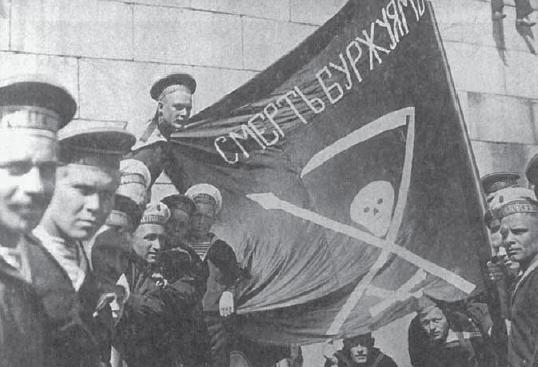|
Verner Lehtimäki
Verner Lehtimäki (8 June 1890 – 5 April 1938), was a Finnish socialist, soldier, pilot, aerospace engineer and revolutionary. Early life Lehtimäki was born as a peasant's son in Vahto, a small rural municipality in the province of Southwest Finland. He had two brothers who were also enthusiastic socialists. Lehtimäki's younger brother Hjalmar (1896–1934) was a Red Guard leader in the Finnish Civil War. The elder brother, Konrad Lehtimäki (1886–1937), was an author, journalist and a member of Finnish Parliament. Verner Lehtimäki went to the sea at early age and later emigrated to the United States. He worked first in a New Mexico ranch and in the 1910s on a Mississippi riverboat. In 1916 Lehtimäki moved to Russia where he had a job in a local Vauxhall dealer in Saint Petersburg. After the February Revolution in 1917 Lehtimäki lost his job and started smuggling guns for Finnish revolutionaries. Later the same year Lehtimäki returned Finland, which was then an auto ... [...More Info...] [...Related Items...] OR: [Wikipedia] [Google] [Baidu] |
Vahto
Vahto () is a former municipality of Finland. It was consolidated with Rusko on January 1, 2009. It is located in the province of Western Finland and is part of the Southwest Finland region. The municipality had a population of 1,876 (2004-12-31) and covered an area of 77.10 km² of which 0.02 km² is water. The population density was 24.34 inhabitants per km². Vahto was one of the 18 municipalities in the Turku region, and due to its close proximity to the center of Turku (about 20 km), it may also be considered part of the Turku metropolitan area. In the north, Vahto shared a common boundary mark with seven other municipalities. This famous site, called Kuhankuono in Finnish, is also a pre-historical border mark between Southwest Finland and the other Finnish provinces. The municipality was unilingually Finnish Finnish may refer to: * Something or someone from, or related to Finland * Culture of Finland * Finnish people or Finns, the primary ethnic group in Fi ... [...More Info...] [...Related Items...] OR: [Wikipedia] [Google] [Baidu] |
Southwest Finland
Southwest Finland, calqued as Finland Proper ( fi, Varsinais-Suomi ; sv, Egentliga Finland), is a region in the southwest of Finland. It borders the regions of Satakunta, Pirkanmaa, Tavastia Proper (Kanta-Häme), Uusimaa, and Åland. The region's capital and most populous city is Turku, which was known as the former capital city of Finland before Helsinki. The area comprising the Southwest is largely the same as the historical province of Finland Proper, so named because it is the original home of the tribe known as the Finns proper. Origin of the name Finland Proper The name of Finland Proper has a historical function. In historic times, in the area of the present Southern Finland lived three tribes, which were the Finns proper, the Tavastians and the Karelians. The southwestern part of the country, the province where the Finns proper lived, was simply called Finland (Finnish: ''Suomi''). In the 17th century the name began to be used to refer to the whole land and a spe ... [...More Info...] [...Related Items...] OR: [Wikipedia] [Google] [Baidu] |
Kronstadt Revolt
The Kronstadt rebellion ( rus, Кронштадтское восстание, Kronshtadtskoye vosstaniye) was a 1921 insurrection of Soviet sailors and civilians against the Bolshevik government in the Russian SFSR port city of Kronstadt. Located on Kotlin Island in the Gulf of Finland, Kronstadt defended the former capital city, Petrograd, as the base of the Baltic Fleet. For sixteen days in March 1921, rebels in Kronstadt's naval fortress rose in opposition to the Soviet government they had helped to consolidate. Led by Stepan Petrichenko, it was the last major revolt against the Bolshevik regime on Russian territory during the Russian Civil War. Disappointed in the direction of the Bolshevik government, the rebels—whom Leon Trotsky himself had praised earlier as "adornment and pride of the revolution"—demanded a series of reforms: reduction in Bolshevik power, newly elected ''soviet'' councils to include socialist and anarchist groups, economic freedom for peasants ... [...More Info...] [...Related Items...] OR: [Wikipedia] [Google] [Baidu] |

